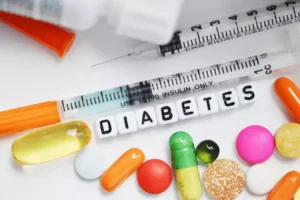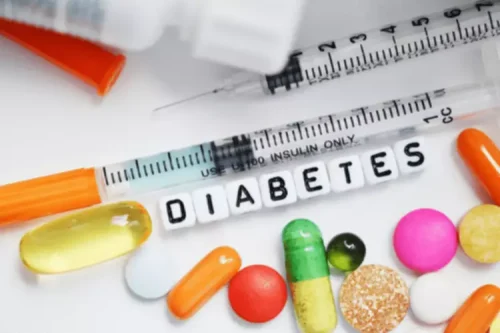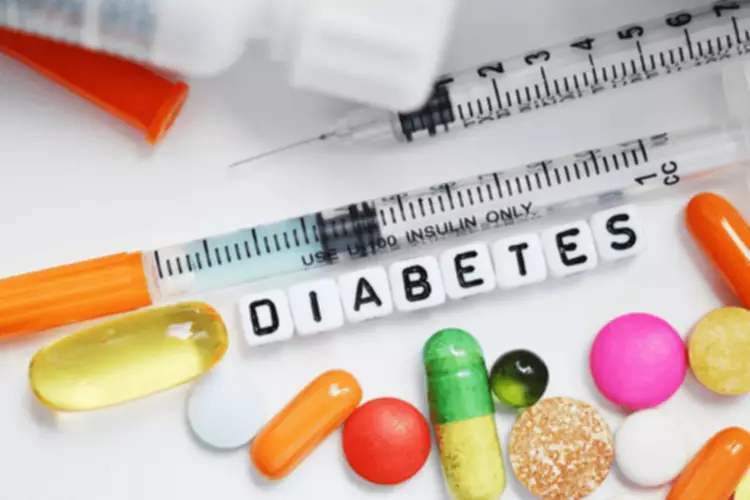
If you’re interested in learning more about these skills and tools, or are considered enrolling in our alcohol rehab, give us a call at . Because the amount of alcohol needed to reach various states of intoxication can vary depending on the individual, what might be a fatal dose for one person may not be for another. Emerge Healing Center is committed to providing evidence-based drug and alcohol treatment with a holistic and trauma informed approach. The FHE Health team is committed to providing accurate information that adheres to the highest standards of writing. This is part of our ongoing commitment to ensure FHE Health is trusted as a leader in mental health and addiction care. As BAC increases beyond these levels, the risks also escalate significantly.
- I do remember hitting back of my head a bit hard but not as hard as, say, a car crash.
- For more information on signs of intoxication, visit the National Survey on Drug Use and Health (NSDUH) website or the Centers for Disease Control and Prevention (CDC) website.
- Initially, many individuals report experiencing euphoria and relaxation.
- Contact our skilled addiction and mental health professionals at Emerge Healing Center to learn more about our treatment and program options.
- Some might find themselves vowing never to drink again after particularly wild nights out only to find themselves back at it soon enough—a cycle that many know all too well.
Stage 5: Stupor
It’s important to sleep about eight hours to function efficiently. If you experience sleep drunkenness occasionally, you don’t have to worry about anything. However, if you get sleep drunkenness once every week, it’s best to visit a doctor.
- Additionally, treating the main reason causing it (like Crohn’s disease) will also remove the symptoms.
- If you’re in a social setting where others are drinking, it’s important to recognize the signs of intoxication in your friends or loved ones.
- The severity of hangovers varies widely among individuals based on factors like hydration levels and overall health prior to drinking.
- If you’re planning on drinking, it’s essential to understand how long alcohol will stay in your system to avoid risky behaviors like driving under the influence.
- Do you know someone who always seems to black out after drinking?
- Initially, many people report feelings of happiness and relaxation as their inhibitions fade away.
Reasons Why You Feel Drunk Without Drinking

However, this feeling doesn’t last long, maybe only a day till you https://ecosoberhouse.com/ get proper sleep again. The social context in which alcohol is consumed greatly influences how one feels while drinking. In lively settings like parties or bars, individuals often report feeling more energized and sociable due to external stimuli such as music and interaction. While some may continue to feel happy and carefree, others might experience sadness or aggression.
The Science Behind Alcohol Tolerance
Education surrounding addiction, specifically Alcoholism, is an ongoing fight around the world. Due to its commonality and acceptability, there are still many people who don’t understand the difference between habitual use and serious drug addiction. Additionally, the stigma that Alcoholics are “bad people” and should “just stop drinking,” unfortunately is still present.
“Alcohol Only Affects Your Judgment, Not Your Physical Abilities”
- They may appear confused when talking, lose their balance, and seem disoriented.
- And for alcoholic sprays and food, there isn’t much to say.
- As BAC increases beyond these levels, the risks also escalate significantly.
- You will also have a richer experience with your friends as you will be able to indulge in inspiring conversations and wear your dancing shoes to twirl to your favorite tunes.
- I went to an emergency clinic (it was after hour so my GP was already closed) and I had a discussion with the doctor there.
Even after you stop drinking, alcohol continues to affect your brain and body until it’s fully metabolized. To avoid getting too drunk, pace yourself by drinking slowly. It helps to have food with your drinks, as this can slow down the absorption of alcohol. Additionally, alternate alcoholic beverages with water to stay hydrated and reduce the amount of alcohol you consume over time. Many believe that while alcohol impairs decision-making, it doesn’t significantly impact physical abilities.

Dizziness, vertigo, feeling of drunk. What’s causing all this?
This is often referred to as the “happy hour” effect where laughter comes easily and social barriers seem to dissolve. Alcohol typically takes several i like being drunk hours to leave your system. The liver processes about one standard drink per hour, but this can vary depending on the individual.


While staying hydrated is important, it won’t speed up the process of alcohol leaving your system. Drinking Drug rehabilitation water can help mitigate dehydration, but it doesn’t reduce intoxication. As intoxication increases, your emotions can swing unpredictably. You might go from feeling euphoric to angry, sad, or anxious in a short period.

